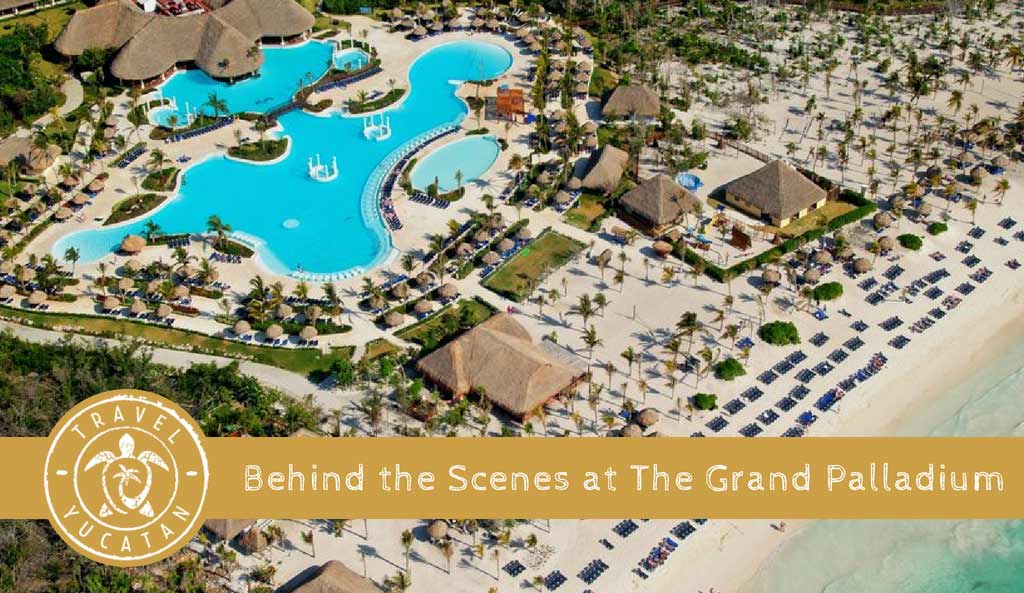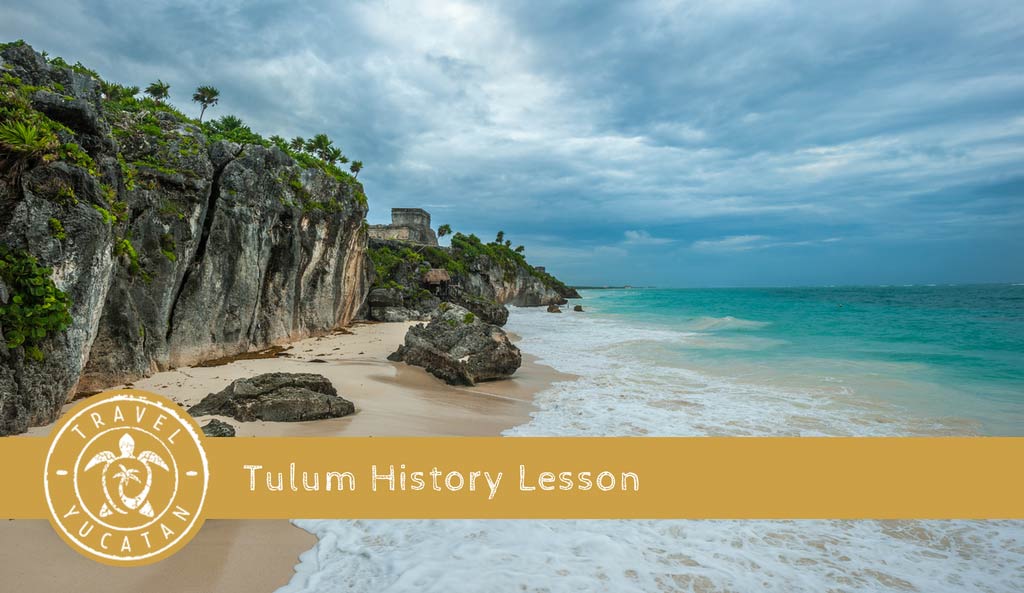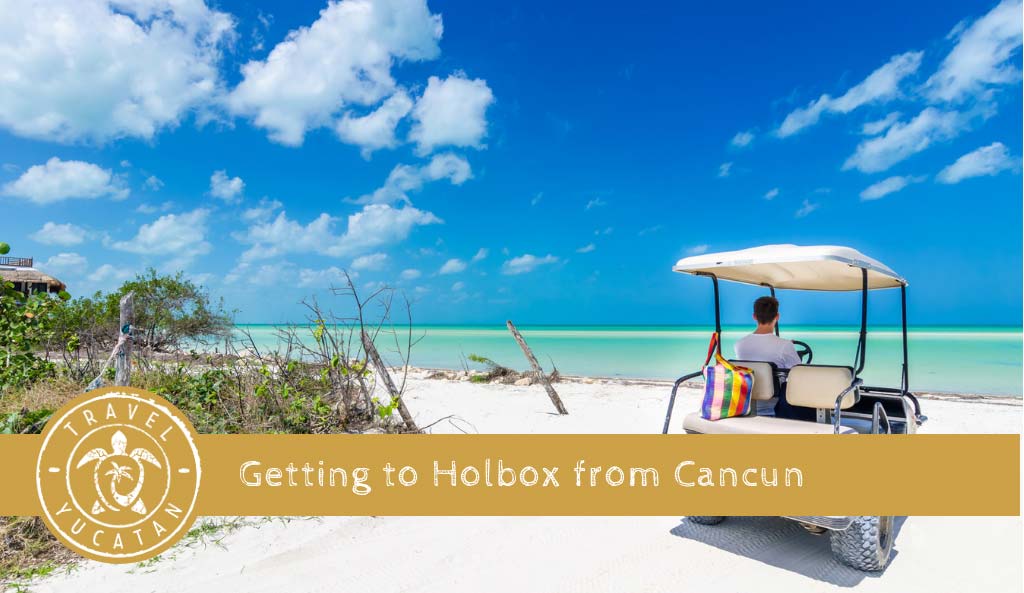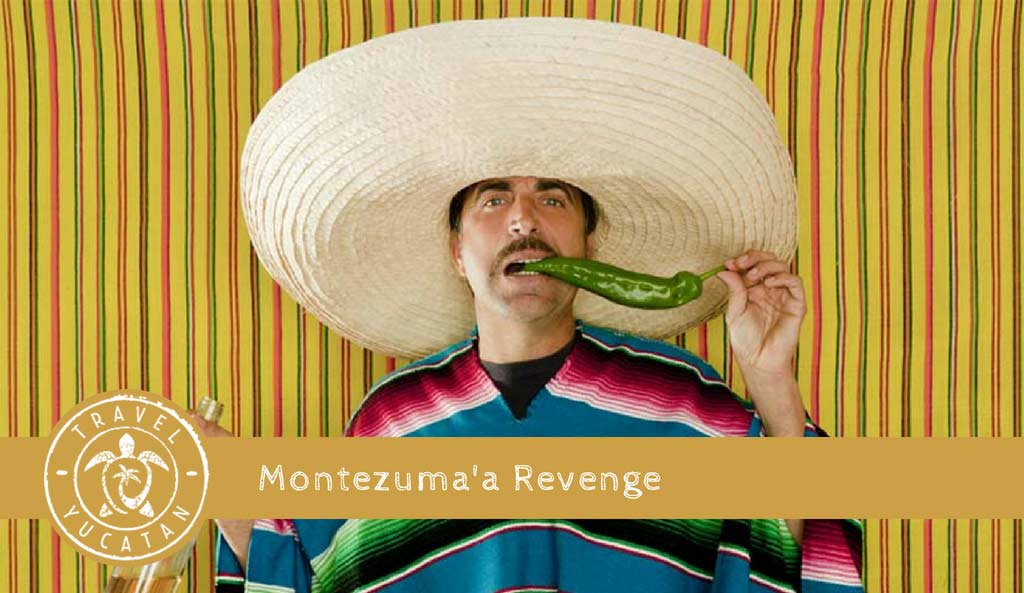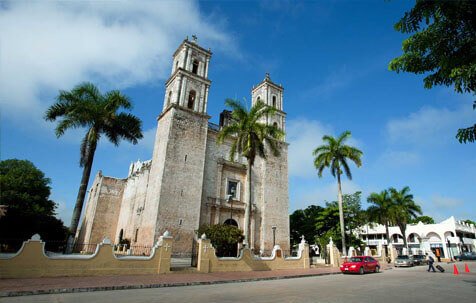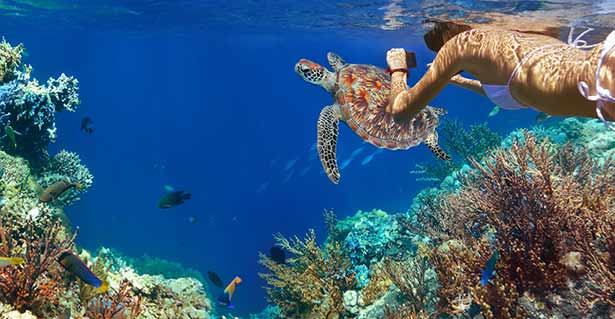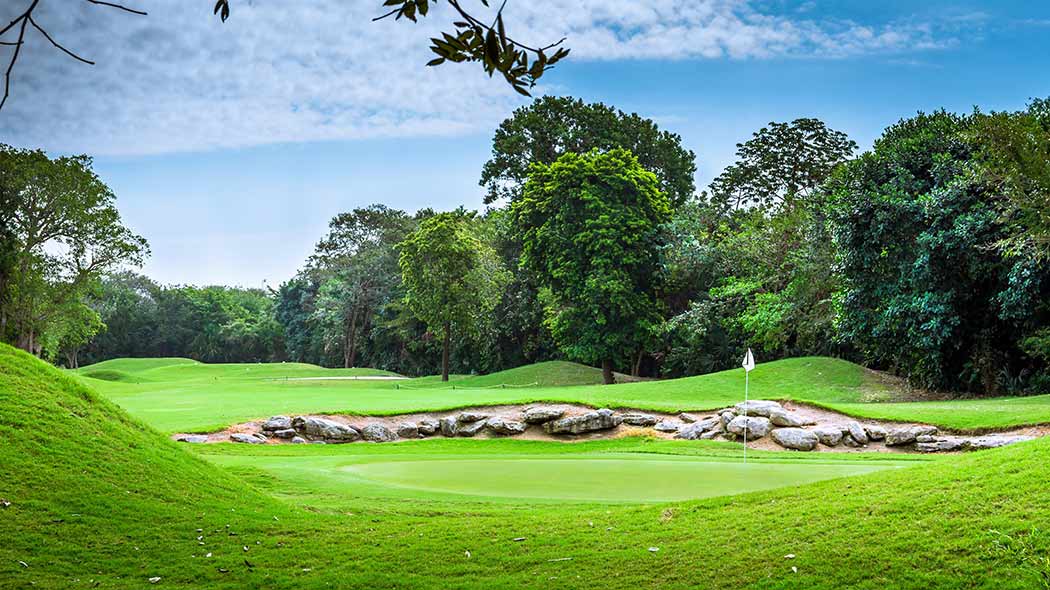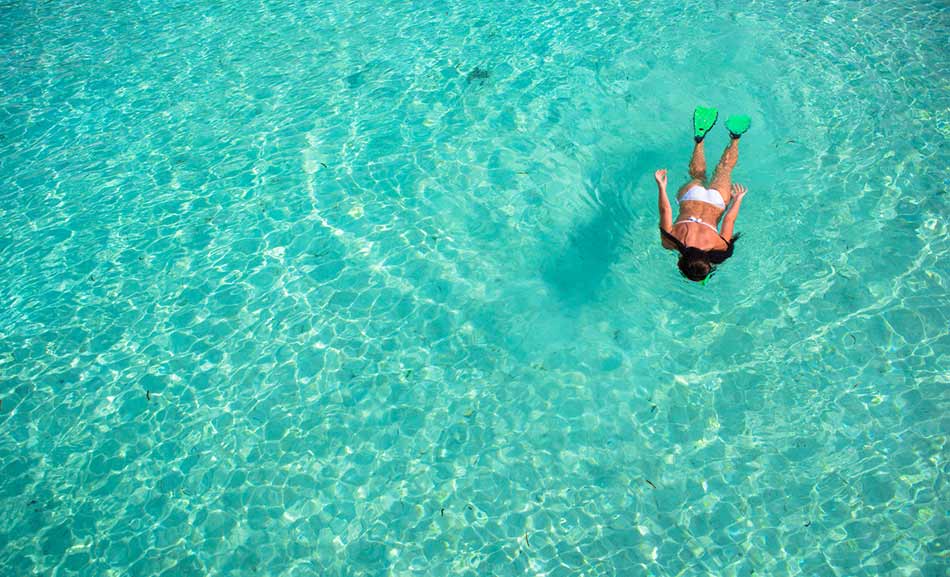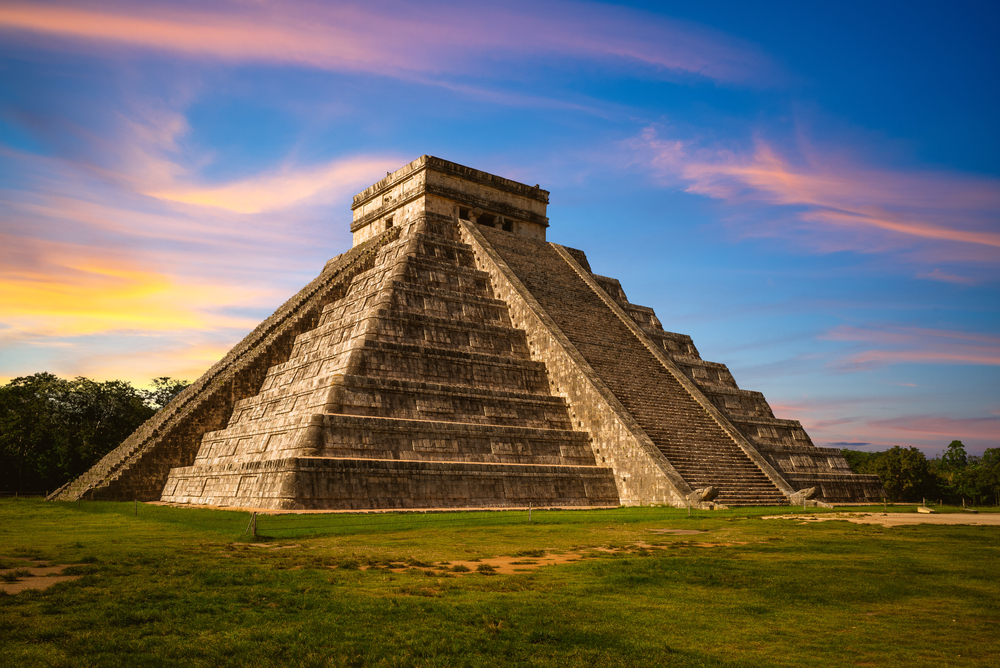X’cacel is a remote and beautiful beach with deep white powder sand and crystalline waters. Still relatively unknown, it is a tranquil beach with few people. X’cacel is, however, well populated with turtles during their nesting season (May-November) when the mother turtles come ashore to bury their eggs. The area is thoroughly protected but be careful where you step so as not to flatten any mounds of buried turtle eggs.
Another beautiful asset of X’cacel is the cenote found there. You will see a path that leads into the jungle, follow it and you will find the fresh water cenote. You can snorkel of swim here and will very likely have the place to yourself.
GETTING THERE
X’cacel is located between Chemuyil and Xel-Ha on Highway 307. Look out for large signs that point the way to X’cacel, which is accessed down a dirt road. Before you arrive at the beach you will be greeted by a security guard and asked to pay and entrance fee. This money goes towards the turtle protection program and also gives you access to the cenote.
XCACEL PHOTOS
Click on Image to Enlarge

Welcome Sign
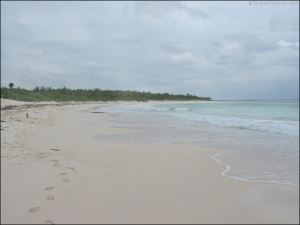
Beach South
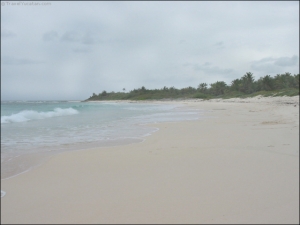
Beach North

Path to Cenote

Cenote

Cenote
FRIEND VISITOR
X’Cacel-X’Cacelito is a privileged area where will find different types of ecosystems, it has 905 acres you have distributed in jungle, mangrove, coastal dune, beaches, cenotes, coralline reefs and lagoons reefs.
In this area it exists a great diversity of plants species and animals; it is the most important beach in Mexico for the nesting of the sea turtles species: green turtle (Chelonia mydas) and loggerhead (Caretta caretta).
Other threatened species or in danger of extinction that we can locate in the area are: the skunk, the bell snake and the little black eagle, also some vegetable species such as the palm chit, kuka, mangrove red, black, white and botoncillo.
REGULATIONS This place has two small beaches X’Cacel 0.812 miles and X’Cacelito of 0.875 miles. Two of the seven species of sea turtles arrive from May to October to Mexican beaches, the loggerhead and green turtle. During this time and starting from 21:00 hrs. biologists attributed to this camp leave every night to protect females, eggs and baby turtles, making journeys in the two beaches, for him which we request their support and collaboration to respect the present regulation:
It is not permited to spend the night in the area without authorization.
The schedule for access to the beach from May 1 to October 31 (nesting season) is from 0900 to 1800. For the rest of the year it will be open from 0600 to 2200 hours.
All visitors are responsible for removing their garbage that they generate.
No bonfires inside the area.
Avoid shining lights on the beach.
No motorized vehicles on the beach.
Hunting of wild animals is not allowed.
The introduction of domestic animals is not allowed: cows, pigs, horses, lambs, dogs, cats or any other nature.
You are not to remove plants, terrestrial or aquatic, alive or dead nor animals, as well as their remains.
Sport fishing and the use of harpoons is forbidden.
The practice of motorized aquatic sports is not allowed.
It is forbidden to anchor crafts inside the protected natural area without authorization.
It is forbidden to damage the reefs structures (corals).
The violations to the present will be sanctioned of conformity with that prepared in the Laws Environmental and other applicable, federal and state jurisdiction dispositions.
During the day, you will see small white signs with a number – this is a turtle nest. We ask you to not touch this area, do not remove the sign as we will lose the location.
Also in the north end, and in the centre of the beach of X’Cacel the corrals of incubation of eggs are located. In them there are the broods that were transplanted. Access here is forbidden.
By following these regulations and recommendations you will help to protect these beautiful organisms and the area.
How can you help to conserve the sea turtles and all wildlife?
- Do not consume turtle eggs nor turtle meat.
- Don’t buy products derived from turtles, crocodiles, vipers and iguana such as shoes, bags, belts, and tortoiseshell eyeglasses.
- Don’t buy dissected wild animals.
- Don’t buy live wild animals (unless they are registered) such as parrots, toucans, iguanas, etc. Remember that this causes extinction.
- Don’t destroy the forests.
- Don’t throw lit cigarettes on the highway.
- Drive with caution. The highways of Quintana Roo are common wild animal crossings.

